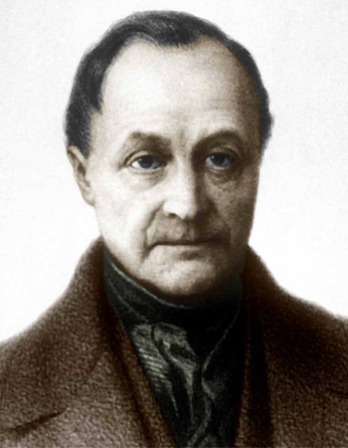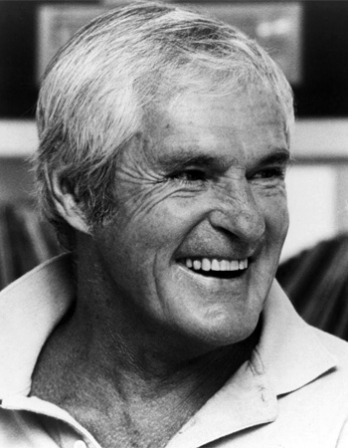It is not an easy thing to set forth exactly all the circumstances of a dream, to separate that which is found united by nature and to unite that which is separated, and give to others, by our descriptions, dreams that they have not had. It is no easy work to make our own impressions pass into the soul of another.
Imagination relegates into nothingness beings that exist; it causes to proceed from nothing beings that do not exist, which cannot exist. How, at a time when we have no idea of anything similar, can we represent objects that it is impossible for us even to name? Imagination assembles many images at the same time, and presents them at the same instant, but confused, such as the dream gives them; for it is according to the dream that our visions are produced. In order to faithfully render these various impressions, all the resources of language are necessary. Imagination acts on our affections more than one would think: dreams excite different emotions in us. We at one time experience sentiments of sympathy and attachment, at another aversion. It is also during sleep that the enchantments of magic exercise themselves on us, and that we are especially subject to voluptuousness. Love and hate penetrate into our souls and persist in remaining even after our awaking.
If we would communicate to our hearers our impressions and ideas, a lively and forcible language is essential. In dreams, one is a conqueror, we walk, we fly. Imagination lends itself to all; have words the same facilities? Sometimes we dream that we sleep, that we are dreaming, that we arise, that we shake off sleep, and yet we are asleep; we reflect on the dream we have just had; even that is still a dream, a double dream; we think no more of recent chimeras; we imagine ourselves now awake, and we regard the present visions as if realities. Thus is produced in our mind a veritable combat; we think that we make an effort for ourselves, that we have driven away the dream, that we are no longer asleep, that we have taken the full possession of our being, and that we have ceased to be the dupe of an illusion. The Aloadae, for attempting to climb to heaven by heaping one upon another the mountains of Thessaly, were punished. But what law forbids a sleeper to rise above the earth on wings surer than those of Icarus, from excelling the flight of eagles, from soaring above the celestial spheres? We perceive the earth from afar, we discover a world that even the moon does not see. We can talk with the stars, mingle with the invisible company of the gods who rule the universe. These marvels that cannot be readily described are nevertheless accomplished without the least effort. We enjoy the presence of the gods without being exposed to jealousy. Without having the trouble of redescending, we find ourselves on the earth; for one of the privileges of our dreams is the suppression of time and space. Then we talk with sheep; their bleating becomes a clear and distinct language. Is there not, therefore, a vast field opened to an eloquence of a new kind? From whence came the apologue that makes the peacock, the fox, and even the sea speak? These audacities of imagination are insignificant when compared with the temerity of dreams. But although the apologue is only a very feeble reproduction of some of our dreams, it furnishes nevertheless ample material for oratorical talent. Why should we not exercise ourselves in interpreting dreams? By this, one not only trains himself in the art of oratory but also gains wisdom.
From On Dreams. Born around 370 in what is now Libya, Synesius, a lifelong Christian, studied under the Neoplatonic philosopher Hypatia twenty years before the latter was killed by a Christian mob. In 410 he was offered the position of bishop of Ptolemais; he accepted it with ambivalence. “If it is possible,” he told a friend, “I will perform the duties with philosophy.” Psychologist and priest Morton Kelsey called this work “the most thoughtful and sophisticated consideration of dreams to be found until we come to the modern studies of Freud and Jung.”
Back to Issue




